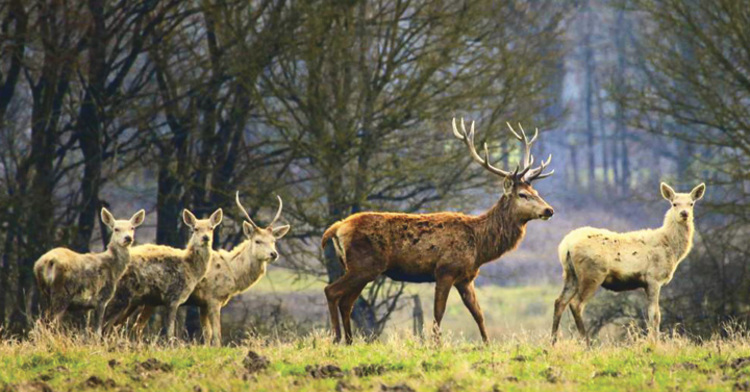Wild animals and plants contribute to the ecological, genetic, social, economic, scientific, educational, cultural, recreational and aesthetic aspects of the development and welfare of human beings. Their degradation and disappearance have very serious consequences for the environment, economy and society.
This year, the Convention on International Trade in Endangered Species of Wild Fauna and Flora (CITES) and the United Nations celebrate World Wildlife Day under the theme "The future of wildlife is in our hands."
The campaign aims to alert society about just how important flora and fauna are to our lives. This year, African and Asian elephants will be the main focus and steps will be taken to ensure the survival of their habitat.
The number of elephants killed annually in Africa varies between 20,000 and 25,000, from a population estimated at between 420,000 and 650,000. The population of forest elephants, specifically, is estimated to have fallen 62% between 2002 and 2011.
For more information, visit http://www.un.org/en/events/wildlifeday/